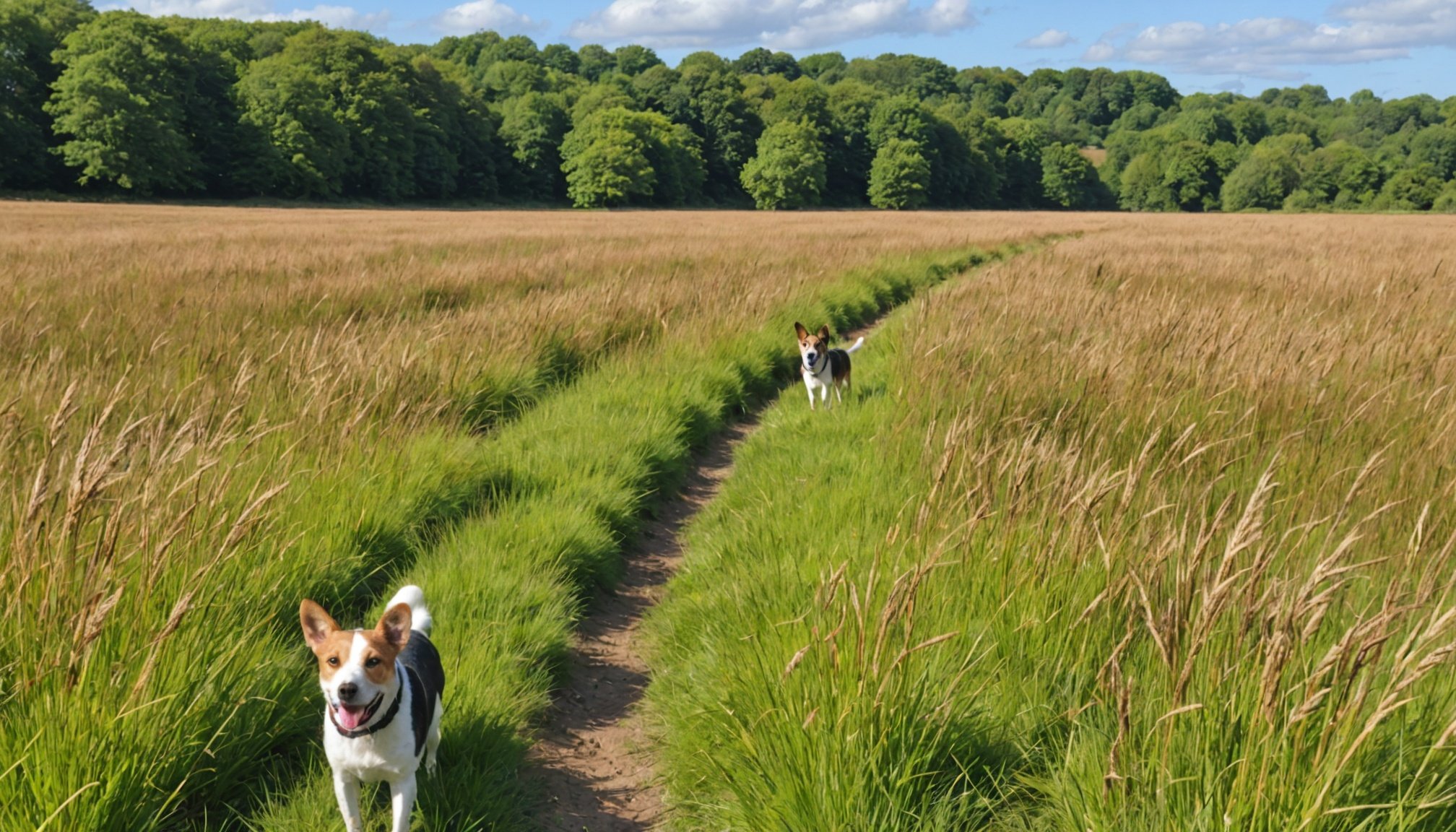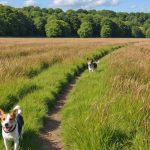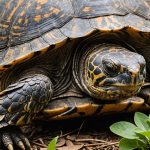Benefits of Nature Reserve Walks for Wildlife Conservation
Nature reserve walks are more than a peaceful escape; they are vital tools for wildlife conservation. By encouraging foot traffic in these protected areas, we foster ecological benefits that are critical to preserving local ecosystems. As visitors navigate these trails, they become more aware of the delicate balance necessary to maintain biodiversity. This awareness translates into respect and advocacy for preservation efforts.
The preservation of habitats in nature reserves is paramount. Each plant, tree, and burrow plays a significant role in maintaining a balanced ecosystem. Nature reserve walks allow individuals to witness firsthand the importance of safeguarding these spaces. Visitors learn why it’s crucial to refrain from disrupting habitats or removing native species, thereby contributing indirectly to conservation efforts by adhering to guidelines.
In the same genre : Unveiling the UK’s Tactics for Curbing Wildlife Disease Transmission from Domestic Pets to Wild Fauna
Moreover, the role of community involvement cannot be understated. Local communities and visitors who understand the importance of protecting these environments often engage in initiatives such as clean-ups or educational programs. These activities not only bolster wildlife conservation but also strengthen community ties and collective stewardship. By participating, individuals contribute significantly to the sustainability and enhancement of these natural treasures.
Local Wildlife Species Found in UK Nature Reserves
Exploring UK nature reserves offers a chance to discover a remarkable array of local wildlife. These reserves are sanctuaries for diverse species, integral to biodiversity and important for conservation efforts. Commonly encountered species include the adorable red squirrel, the majestic barn owl, and the elusive otter. Each species plays a unique role in their ecosystem, maintaining the health and balance of their environments.
Additional reading : Ultimate guide for uk homeowners: crafting perfect bat boxes tailored for your local environment
The significance of biodiversity within conservation efforts cannot be overstated. Higher biodiversity ensures greater resilience against environmental changes, supporting robust ecosystems. It also provides opportunities for research and education, highlights the importance of sustainability, and inspires conservation measures.
The time of year influences the seasonal variations in wildlife presence. For instance, spring unveils blossoming flora and increased sightings of nesting birds, while autumn offers a glimpse at migration patterns as fauna prepare for the colder months. This seasonal rhythm not only showcases nature’s dynamic cycle but also reinforces the importance of safeguarding these habitats year-round.
Engaging with UK nature reserves fosters appreciation for these biodiverse treasures, encouraging visitors to take active roles in preserving the delicate ecosystems. Understanding the variability in wildlife fosters a deep connection with nature, motivating individuals to champion wildlife conservation efforts.
Supporting Wildlife Conservation Efforts
Walking through nature reserves can be both refreshing and enlightening. It’s crucial, however, to acknowledge the role of community involvement in conservation efforts. These efforts can be enhanced through volunteering, which provides hands-on support to maintain and protect the delicate ecosystems within these reserves.
Ways Pet Owners Can Contribute
Pet owners can actively support conservation efforts by practicing simple, responsible actions during their visits. Keeping pets leashed prevents them from disturbing wildlife, while picking up after them maintains the environment’s cleanliness. By engaging in local community conservation projects, pet owners help foster a healthier ecosystem and contribute to the sustainability of these natural spaces. Moreover, educating others about responsible pet ownership can amplify these efforts, creating a ripple effect of positive change.
Organizations Focused on Wildlife Conservation
Numerous UK organizations are dedicated to wildlife protection, offering invaluable support to nature reserves. These organizations run campaigns, fund research, and facilitate educational programs. Pet owners can get involved by volunteering or participating in their initiatives, helping to amplify the conservation message.
Events and Activities for Pet Owners
Participating in conservation-themed events offers pet owners the chance to connect with others who share their passion for wildlife. These events, which raise awareness about wildlife issues, provide networking opportunities and valuable insights into ongoing conservation efforts.
Responsible Pet Ownership During Nature Reserve Visits
Navigating a nature reserve with a pet requires adherence to responsible pet ownership principles. Observing nature reserve etiquette is crucial for ensuring that pets do not disturb the local wildlife and habitats. Keeping pets leashed at all times is a fundamental guideline to prevent them from straying into sensitive areas, chasing wildlife, or damaging delicate plant life. Additionally, responsible pet owners always pick up after their pets to keep these natural environments clean.
Dog behaviour in nature reserves can have significant impacts. Uncontrolled pets may scare or harm wildlife, disrupt breeding areas, or cause soil erosion by trampling vegetation. It’s essential for visitors to understand that even the most well-behaved pet can inadvertently upset the natural balance.
For ensuring that pets respect wildlife, training tips are invaluable. Basic commands like “sit”, “stay”, and “leave it” not only enhance a dog’s behaviour but also contribute to a harmonious coexistence with nature. Training sessions can be conducted in different environments to acclimatise pets to various situations they might encounter within a reserve.
By practising these simple yet effective measures, pet owners can significantly mitigate their animal’s impact on the ecosystems they visit and help preserve the serenity and biodiversity of nature reserves.









